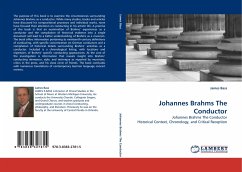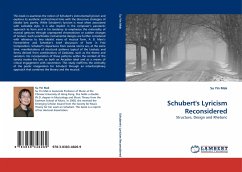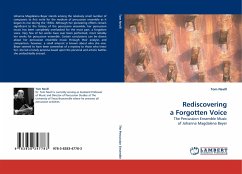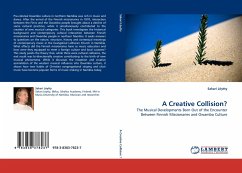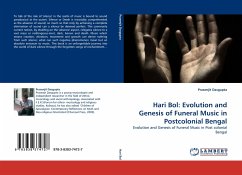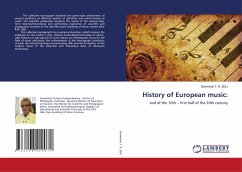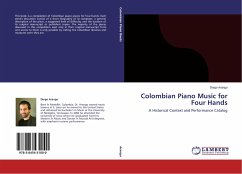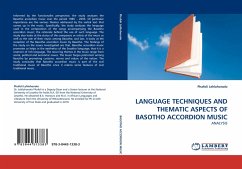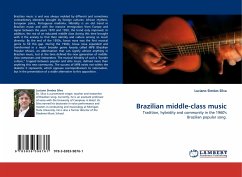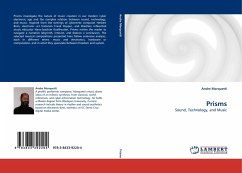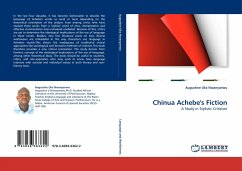
Chinua Achebe''s Fiction
A Study in Stylistic Criticism
Versandkostenfrei!
Versandfertig in 6-10 Tagen
52,99 €
inkl. MwSt.

PAYBACK Punkte
26 °P sammeln!
In the last four decades, it has become fashionable to descibe the language of Achebe's works as lucid or terse depending on the theoretical orientation of the analyst. Even among critics who have studied these works from a 'stylistic' point of view, interpretative and affective commentaries have remained unabated. Because of this, critics are yet to determine the ideological implications of the use of language in these novels. Besides, very few literature exists on how diverse worldviews are embedded in the way characters use language in Achebe's novels.This shows the inadequacy of traditiona...
In the last four decades, it has become fashionable to descibe the language of Achebe's works as lucid or terse depending on the theoretical orientation of the analyst. Even among critics who have studied these works from a 'stylistic' point of view, interpretative and affective commentaries have remained unabated. Because of this, critics are yet to determine the ideological implications of the use of language in these novels. Besides, very few literature exists on how diverse worldviews are embedded in the way characters use language in Achebe's novels.This shows the inadequacy of traditional critical approaches like sociological and formalist methods of criticism.This book therefore provides a new critical orientation. The study derives from Fowler's concept of the ideological implications of the use of language, among other theoretical ideas. The book should be useful to students, critics, and non-specialists who may wish to know how language interacts with societal and individual values in both literary and non-literary texts.



